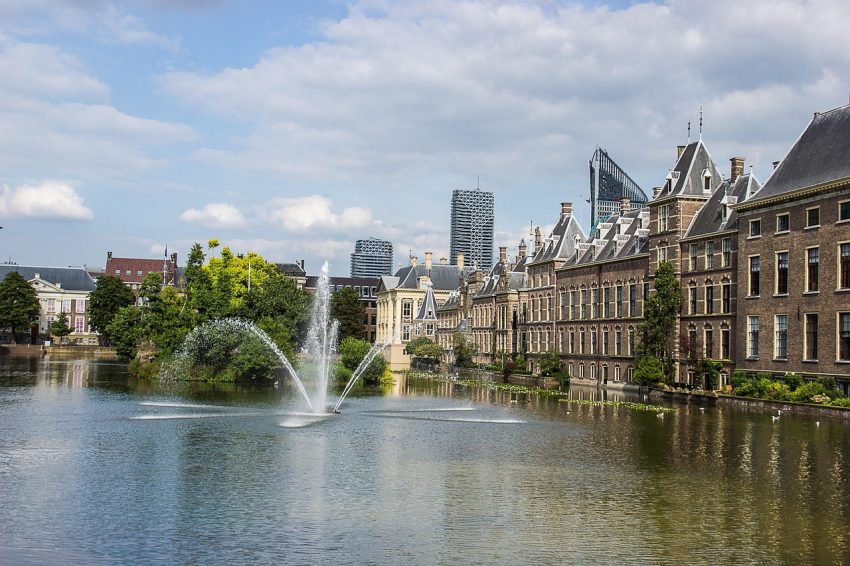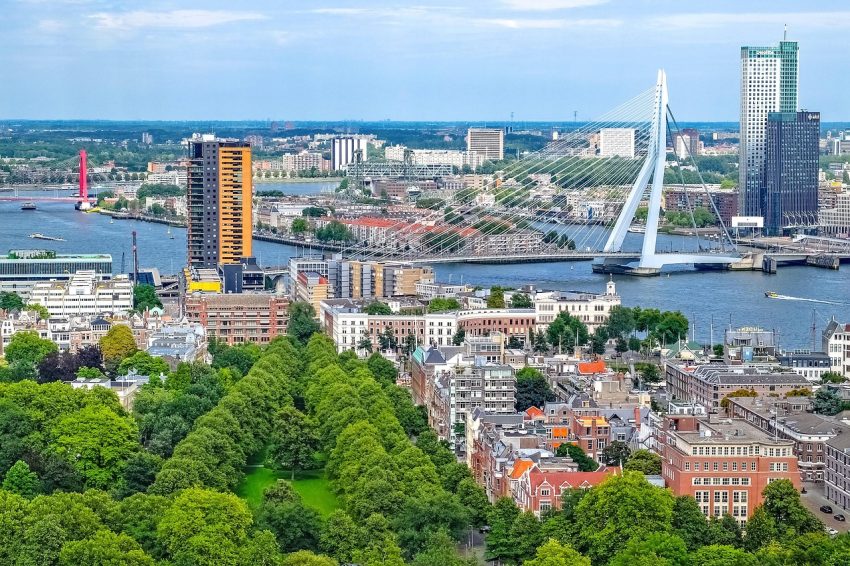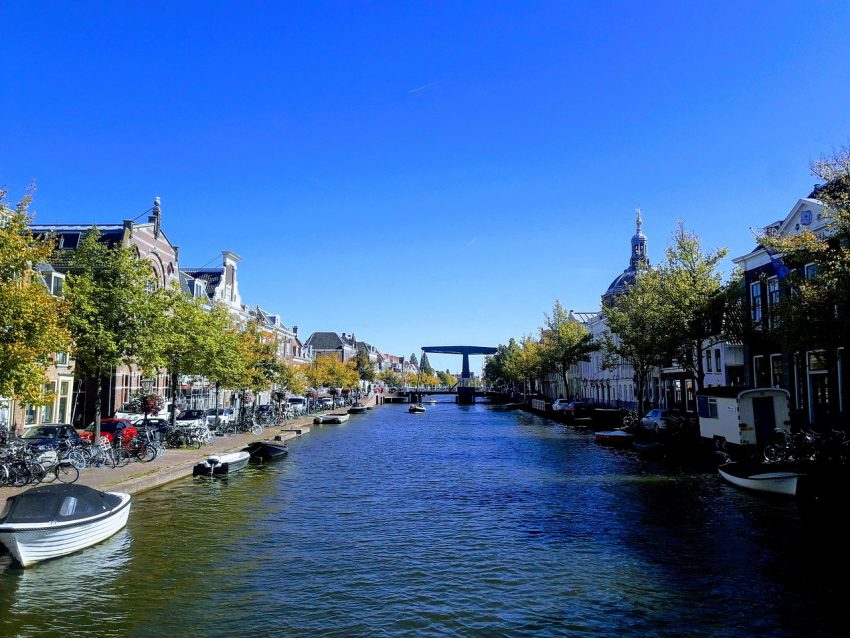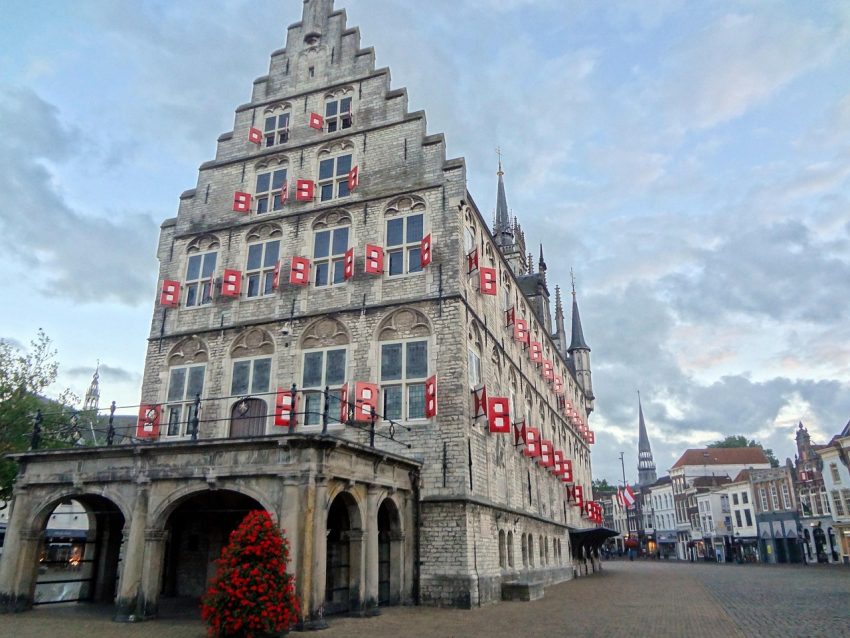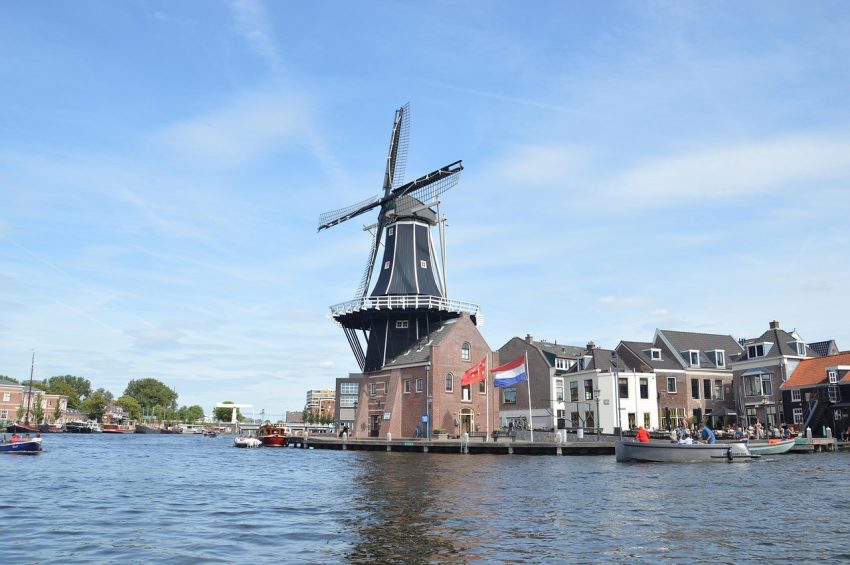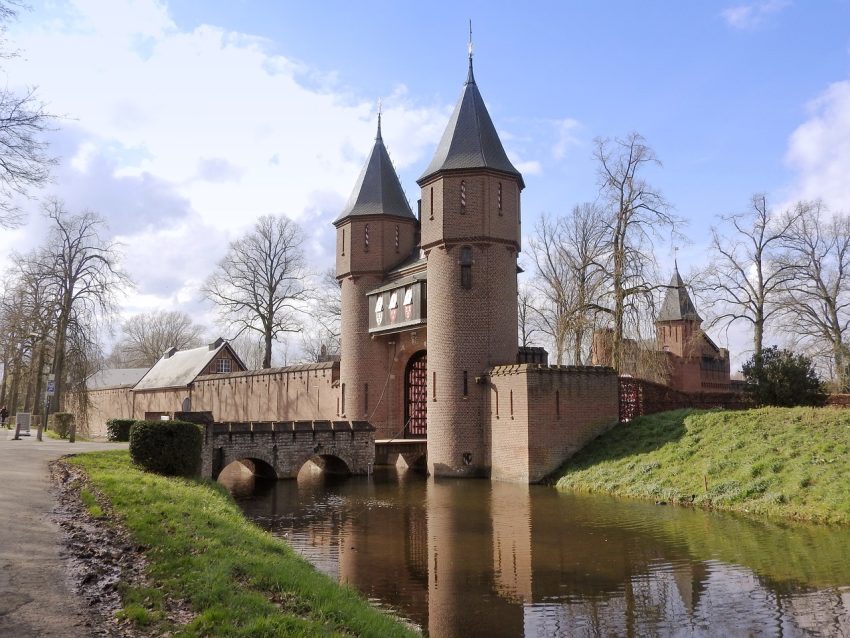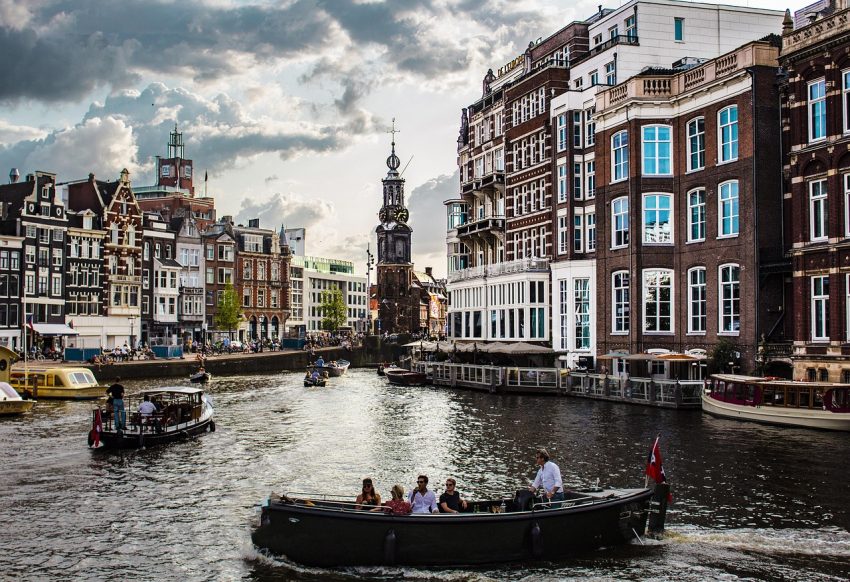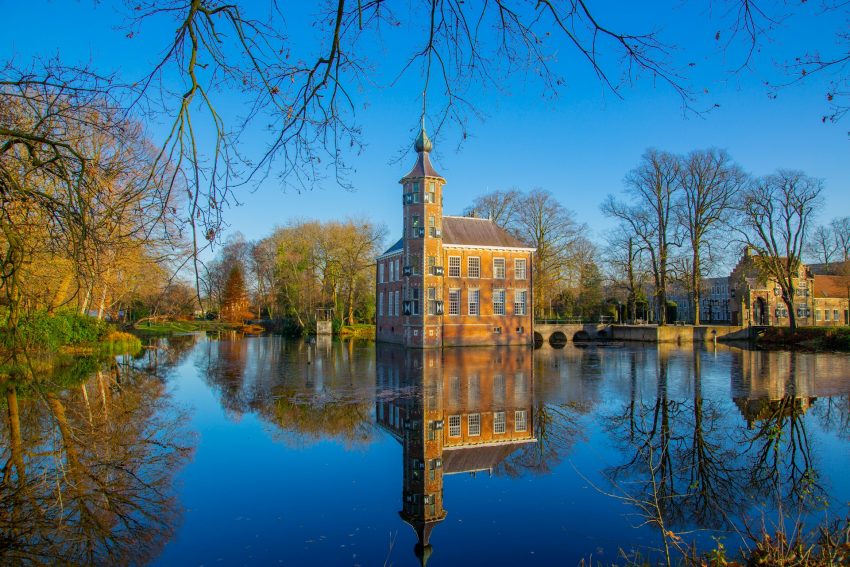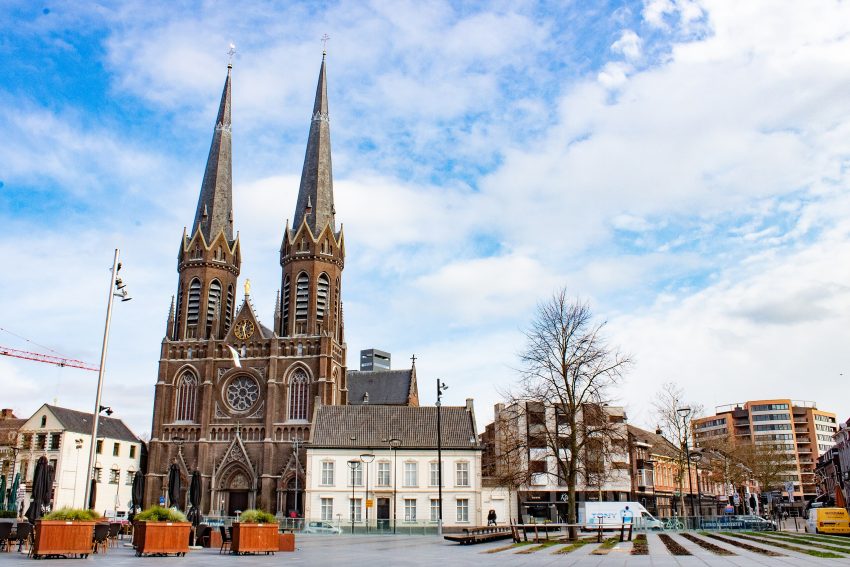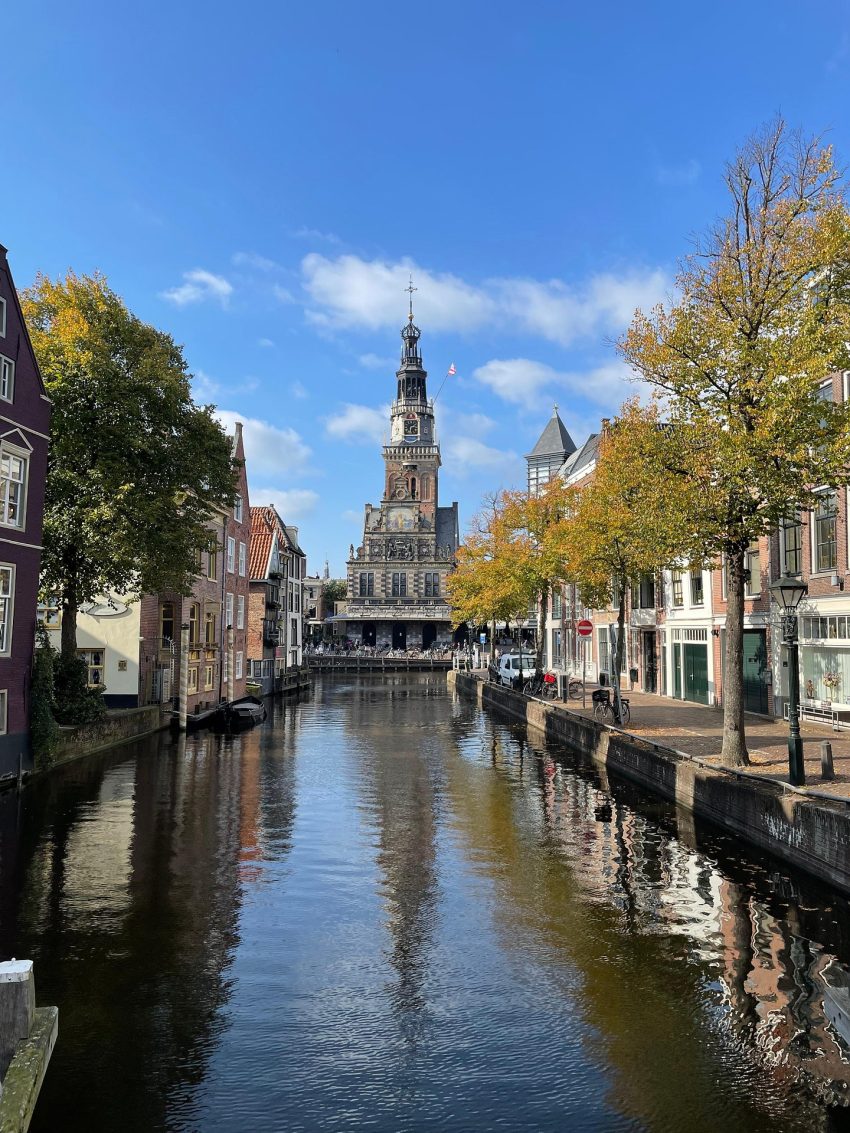Delft: City of Royal Heritage
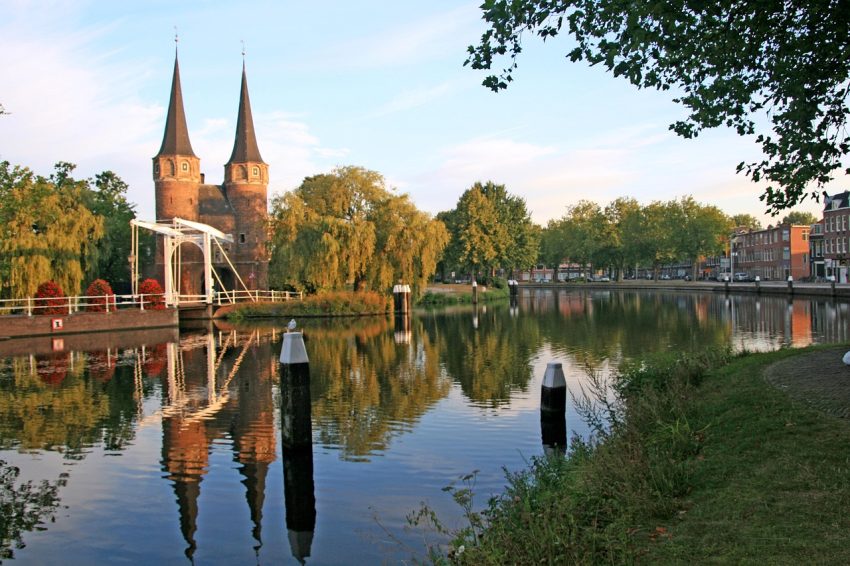
Visiting Delft offers a charming experience in the heart of the Western Netherlands, known for its picturesque canals, historic architecture, and vibrant cultural life. The city’s compact centre is perfect for leisurely walks along tree-lined waterways, past elegant old buildings and bustling market squares. Delft’s streets are filled with cafés, shops, and galleries, making it an inviting place to explore at a relaxed pace.
Delft is famous for its artistic heritage, especially the iconic blue-and-white Delftware pottery. Visitors can explore workshops and museums dedicated to this craft, offering insights into centuries-old traditions. The city also hosts a range of cultural events, including art exhibitions, music festivals, and lively markets that celebrate local creativity.
Beyond the city itself, Delft's location within the South Holland region provides easy access to nearby natural reserves and cycling routes. Outdoor enthusiasts can enjoy scenic rides or walks along the surrounding polder landscapes and waterways. Whether you're drawn by its culture, shopping, or outdoor activities, Delft offers a well-rounded and picturesque destination.
History of Delft
History of Delft: Medieval Beginnings
Delft originated in the 11th century as a small settlement along a canal dug for drainage and transportation. By the 13th century, it had grown into a fortified town with walls and a bustling market. Its location on important trade routes helped it develop as a centre for commerce and craft, especially textiles.
History of Delft: The Golden Age
During the 16th and 17th centuries, Delft flourished as a cultural and economic hub. It became renowned for its distinctive blue-and-white pottery known as Delftware, which gained international fame. The city was also home to influential painters like Johannes Vermeer and played a key role in the Dutch Golden Age, marked by prosperity and artistic achievement.
History of Delft: Modern Era
In the 19th and 20th centuries, Delft evolved with industrialisation and modern urban development while preserving its historic character. The establishment of Delft University of Technology in 1842 positioned the city as a centre for science and innovation. Today, Delft balances its rich heritage with a vibrant cultural scene and a strong emphasis on education and technology.

Moira & Andy
Hey! We're Moira & Andy. From hiking the Camino to trips around Europe in Bert our campervan — we've been traveling together since retirement in 2020!
Visiting Delft for the first time and wondering what are the top places to see in the city? In this complete guide, I share the best things to do in Delft on the first visit. To help you plan your trip, I have also included an interactive map and practical tips for visiting!
This website uses affiliate links which earn a small commission at no additional cost to you.
Best things to do and See in Delft
1. Delft – Markt Square and Nieuwe Kerk
Markt Square is the vibrant heart of Delft, surrounded by historic buildings, cafés, and shops. The square hosts lively markets several days a week, offering local produce, flowers, and crafts. Dominating the square is the Nieuwe Kerk (New Church), famous for its towering spire and the tomb of William of Orange. Visitors can climb the church tower for panoramic views of Delft and beyond.
The Nieuwe Kerk is open daily, with entry costing around €7 for adults. The tower climb may have additional fees and limited opening times. The square itself is free to visit and perfect for soaking up the city’s lively atmosphere.
2. Delft – Oude Kerk (Old Church)
The Oude Kerk stands out with its leaning tower and beautiful stained glass windows. It is the final resting place of the painter Johannes Vermeer. The church offers a peaceful ambiance and insight into Delft’s religious and artistic heritage. Visitors can admire the impressive interior and learn about its historical significance.
Open most days from morning until late afternoon, entry costs about €5 for adults. Guided tours may be available.
3. Delft – Royal Delft Factory
Royal Delft is the last remaining factory producing the iconic blue-and-white Delftware pottery. Visitors can tour the workshops to see artisans at work and explore the museum’s extensive collection of historic and contemporary ceramics. There is also a shop where guests can purchase authentic pieces.
Open daily from 10:00 AM to 5:00 PM, entry costs approximately €15 for adults and €8 for children. Booking ahead is recommended during peak seasons.
4. Delft – Vermeer Centrum Delft
This museum is dedicated to the life and work of Johannes Vermeer, offering reproductions of his paintings and context about the artist’s time in Delft. The exhibits include multimedia presentations and interactive displays that bring Vermeer’s world to life.
The Vermeer Centrum is open daily from 10:00 AM to 5:00 PM, with admission around €12 for adults and reduced rates for children and seniors.
5. Delft – Botanical Garden TU Delft
The Botanical Garden at Delft University of Technology is a serene spot featuring a wide variety of plants and trees, including rare and exotic species. It’s a great place for a quiet walk or to learn about botanical research in a university setting.
Open Monday to Friday, 9:00 AM to 5:00 PM, admission is usually free, but check for any special exhibitions or events.
6. Delft – Science Centre Delft
Science Centre Delft offers interactive exhibits and hands-on activities related to science and technology. It’s particularly popular with families and children, providing educational entertainment in an engaging environment.
Open Tuesday to Sunday, 11:00 AM to 5:00 PM, with tickets costing about €8 for adults and €5 for children.
7. Delft – Agnetapark
Agnetapark is a historic workers’ neighbourhood designed in the early 20th century as a garden city. The area features charming cottages, green spaces, and peaceful streets. It offers a glimpse into social housing history and is perfect for a leisurely walk.
Access to Agnetapark is free and open year-round.
8. Delft – Abtswoudse Bos
Just a few kilometres from the city centre, Abtswoudse Bos is a large recreational forest and nature reserve. It offers walking and cycling paths, picnic areas, and lakes for fishing or boating. It’s a favourite spot for locals looking to escape the urban environment.
The park is open year-round with free entry.
9. Delft – Bieslandse Bos
Bieslandse Bos is another nearby nature reserve with wetlands, meadows, and forested areas. It’s ideal for birdwatching, hiking, and enjoying diverse flora and fauna. The reserve has marked trails and educational signage.
Free and open all year, it provides a tranquil outdoor experience just outside Delft.
10. Delft – Tanthof Park
Tanthof Park is a large urban park with playgrounds, sports facilities, and green open spaces. It’s a popular place for families and outdoor enthusiasts. The park includes ponds, walking paths, and areas for relaxation or exercise.
Open year-round with free access, Tanthof Park offers a natural retreat within close reach of Delft’s city centre.
